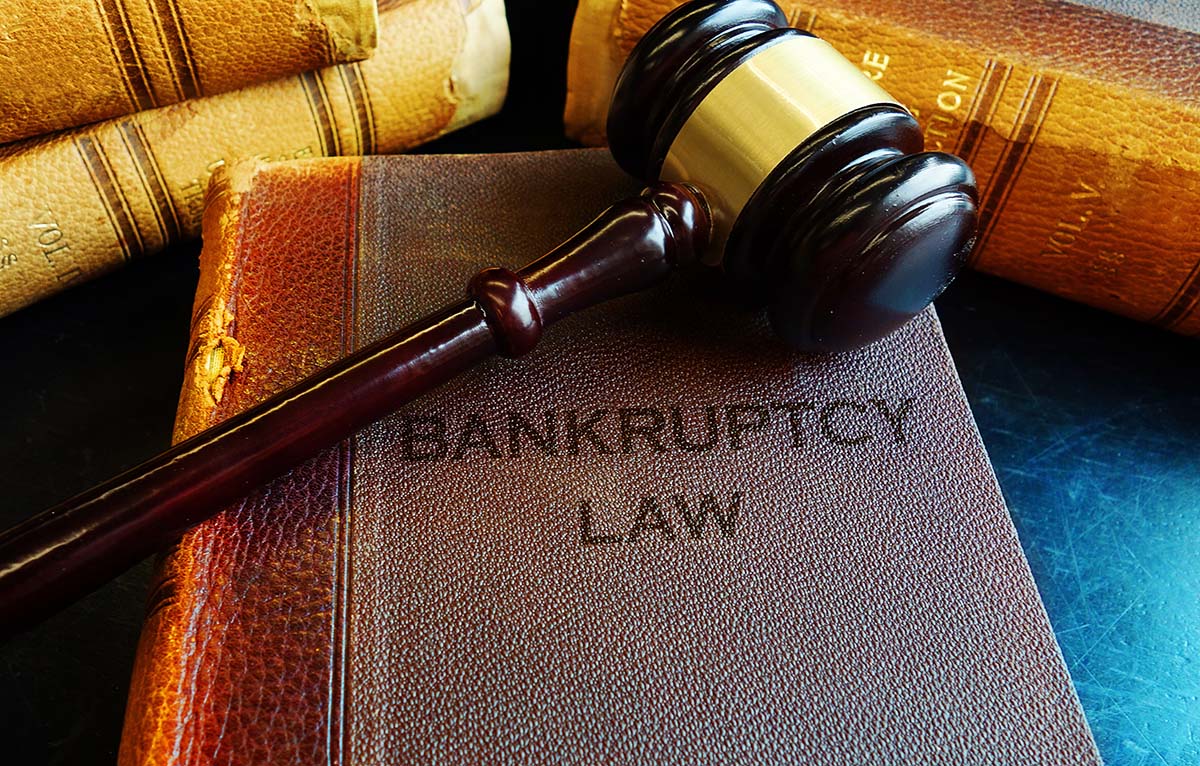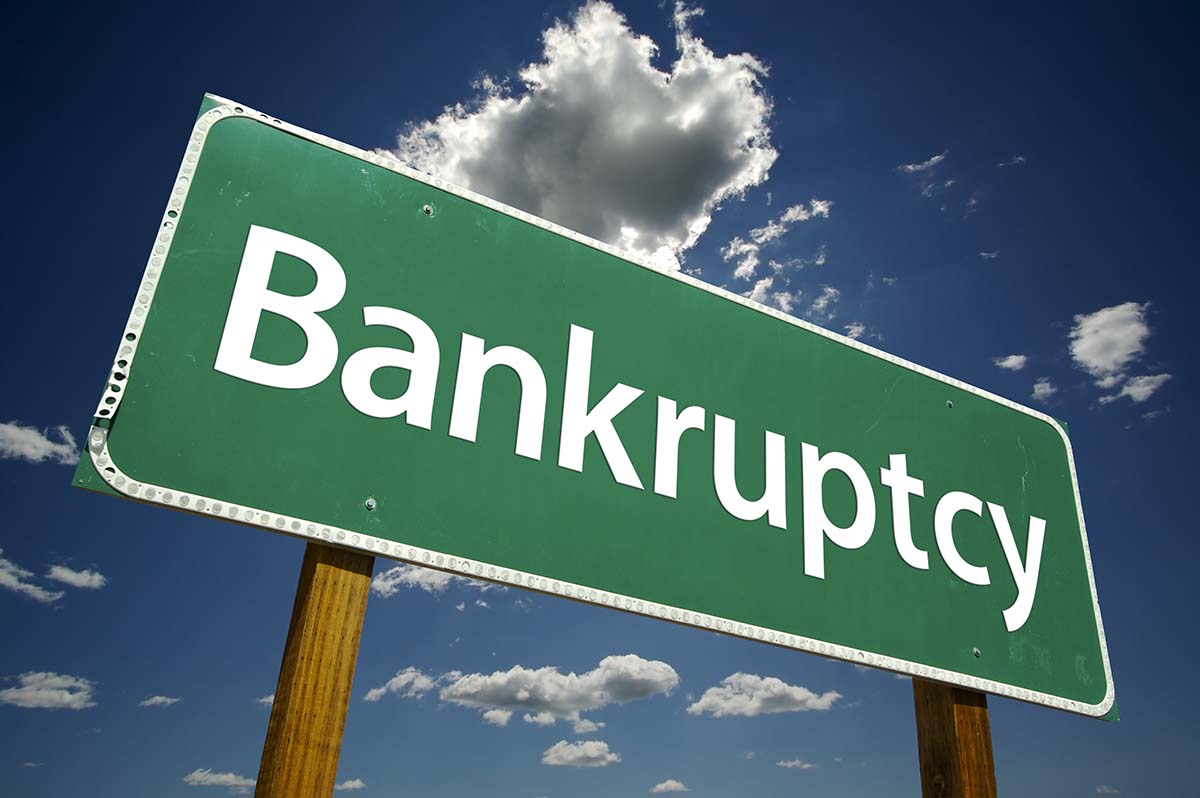Your assets, such as your real property or your bank account, are very important in any part of your life. When you declare bankruptcy, you have to disclose these assets to the court in schedules of your bankruptcy petition. While your tangible assets such as cash, your vehicle, and your home are obvious things to disclose to the bankruptcy trustee, modern technology has brought an onslaught of digital assets.
What are digital assets?
Digital assets could be intellectual property, your social media content, your online financial content, your Instagram photographs, and any other content in a digital form. There are a variety of issues as to the ownership of your assets, especially on websites that have user agreements. Digital assets vary in value depending on who you are, who has title to the assets, and what the assets are. For example, a famous author’s manuscript stored on his or her computer may be worth a lot of money.1 Some businesses are built around digital assets.
How do digital assets affect my bankruptcy?
In a Chapter 7 or Chapter 13 bankruptcy, you will need to disclose your assets to the bankruptcy court. The court will need to see your assets and debts to get an accurate picture of your situation. You should not transfer assets to other people to avoid them being disclosed to the court – this is fraud and can land you in a lot of trouble. Therefore, it is important to know whether digital assets should be disclosed on your bankruptcy petition. Since digital assets can vary in value, a lot will come down to what your digital assets are worth. Another issue with digital assets includes how quickly they are subject to change. Images and documents on your computer can come and go and may also shift in value based on that ability to be changed so easily.
There is no question that digital assets are becoming more and more important. The Uniform Law Commission drafts laws to be used in similar or identical form by the fifty states has formed a committee to draft laws on the issues of digital assets.2 Specifically, the Uniform Fiduciary Access to Digital Assets Act (UFADAA) was written for immediate release in July of 2014. It contains comprehensive provisions concerning the governance of digital assets, including the concept of granting a fiduciary (i.e. personal representatives of an estate, guardians or conservators, trustees, and agents under a power of attorney) access to a digital asset.3 People are even creating Digital Asset Trusts which include assets such as your iTunes music, Facebook, Twitter, and photo sharing sites, email addresses, financial institution credentials, and anything else where you have a username and password.4
So how exactly does this tie in to bankruptcy? Your bankruptcy papers are signed under penalty of perjury and you swear that you completely disclose and list all property, income, and debts on your bankruptcy forms.5 If you do accidentally leave out an asset or debt you may still have a chance to explain the mistake to the bankruptcy trustee.6 If the trustee discovers that you hid assets after you receive your discharge, the trustee may file a lawsuit (i.e. adversary proceeding) to determine if you intended to hinder or delay creditors.7 If the court finds that you did, your discharge may be revoked.8
So what assets would you need to disclose? In general, real property and personal property must be disclosed. This covers a broad amount of property, such as your home (listed on Schedule A for real property) and your personal things (listed on Schedule B).9 Since digital assets are going to be personal property, they would most likely go on Schedule B. There are multiple categories in Schedule B, such as cash; checking and savings accounts; security deposits; household goods and furnishings; books, pictures, and other art objects; wearing apparel; furs and jewelry; firearms and other hobby equipment; interests in insurance policies; annuities; interests in an education IRA or qualified state tuition plans; and interests in IRA, ERISA, Keogh, or other pension or profit sharing plans.10 Whether or not your digital assets, such as your photographs or data on your social media accounts, fits into any of these categories probably depends on the value of the digital assets in your estate. Further, Arizona does have limited exemptions for property (which means you can keep that amount). For example, Arizona allows a $250 exemption per debtor for the value of non-business related books.11 Intellectual property and other intangibles will most likely have to be listed, as they usually have more than nominal value. You should contact an attorney to appraise the value of your interest in intellectual property or to determine the value of your digital assets. Otherwise, the bankruptcy trustee may take these assets to pay back creditors in a Chapter 7 bankruptcy.
Find out more about declaring digital assets in bankruptcy by contacting the experienced bankruptcy lawyers at Ariano & Reppucci.
[1] Consider Estate and Trust Planning For Your Digital Assets, shieldslaw.net (Dec. 4, 2014), http://www.shieldslaw.net/Blog/2014/December/Consider-Estate-Planning-For-Your-Digital-Assets.aspx.
2 Id.
3 Katie Robinson, Uniform Fiduciary Access to Digital Assets Act Approved, uniformlaws.org (July 16, 2014), http://www.uniformlaws.org/NewsDetail.aspx?title=Uniform+Fiduciary+Access+to+Digital+Assets+Act+Approved.
4 DAP Trust – Digital Asset Trust, jacksonvillelawyer.pro, http://www.jacksonvillelawyer.pro/dap-trust-digital-asset-trust.html (last visited Jan. 22, 2015).
5 Kathleen Michon, Filing Bankruptcy? Disclose Everything, Hide Nothing, nolo.com, http://www.nolo.com/legal-encyclopedia/filing-bankruptcy-disclose-everything-hide-30272.html (last visited Jan. 26, 2015).
6 Id.
7 Patricia Dzikowski, Hiding Assets In Bankruptcy, nolo.com, http://www.nolo.com/legal-encyclopedia/bankruptcy/hiding-assets-property-bankruptcy.html (last visited Jan. 26, 2015).
8 Id.
9 John Csiszar, What Counts As Assets In Bankruptcy Filing?, budgeting.thenest.com, http://budgeting.thenest.com/counts-assets-bankruptcy-filing-22768.html (last visited Jan. 26, 2015).
10 Jeff Biddle, Completing Your Bankruptcy Schedules – Schedule B (Personal Property) Part 1 of 3 <Arizona,> avvo.com, http://www.avvo.com/legal-guides/ugc/completing-your-bankruptcy-schedules—schedule-b-personal-property-part-1-of-3-arizona (last visited Jan. 26, 2015).
11 Id.




